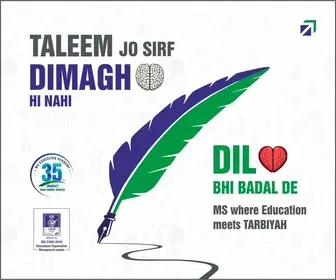
Hyderabad: A 23-year-old student lost Rs 2.25 lakh to a high-level cyber scam while trying to buy over-the-counter nicotine gums from online sources.
The incident took place on May 4, when the student browsed the internet for wholesale suppliers of nicotine gums, namely those produced by Cipla, reported The Hindu. Lured by a promise of wholesale prices, the student paid Rs 25,000 to a bank account offered by an alleged seller for five boxes of the drug.
When the order did not materialize the following day, the student became suspicious and reached out to the seller to ask them to cancel the order and provide a refund.
Through a subsequent WhatsApp voice call, the scammer sent a message with a link to an APK file to the student’s mother’s phone. Before hanging up from the call, the student unknowingly clicked on the link.
Within moments, a message popped up that Rs 2 lakh had been deducted from the linked bank account. Soon after, the student’s mother was called by the bank to confirm the huge transaction.
When the Hyderabad student realized they had been cheated, they immediately reported the transaction as unauthorized to the bank and also filed a complaint with the national cybercrime helpline, 1930.
Cyber experts indicate that scammers are increasingly targeting online consumers with bogus medical and pharmaceutical offers.
Authorities request the general public to exercise vigilance while buying online, refrain from clicking on dubious links, particularly those received through WhatsApp or SMS, and always cross-check the authenticity of sellers.
In case of being cheated, victims must immediately report to their bank and also lodge a complaint on the national cybercrime portal or helpline.
An investigation has been launched by the police, and officials are still cautioning citizens about the growing number of online scams.



